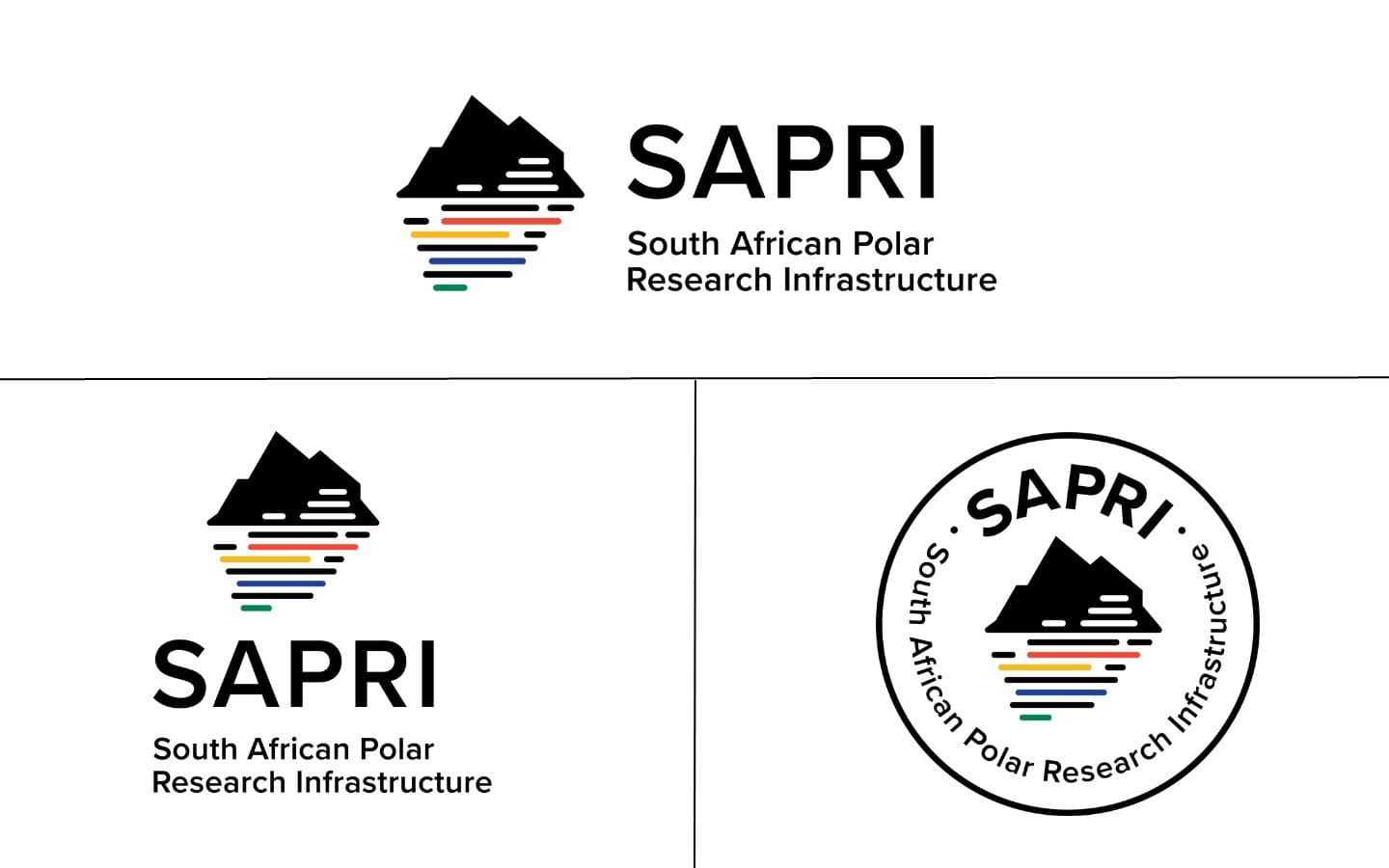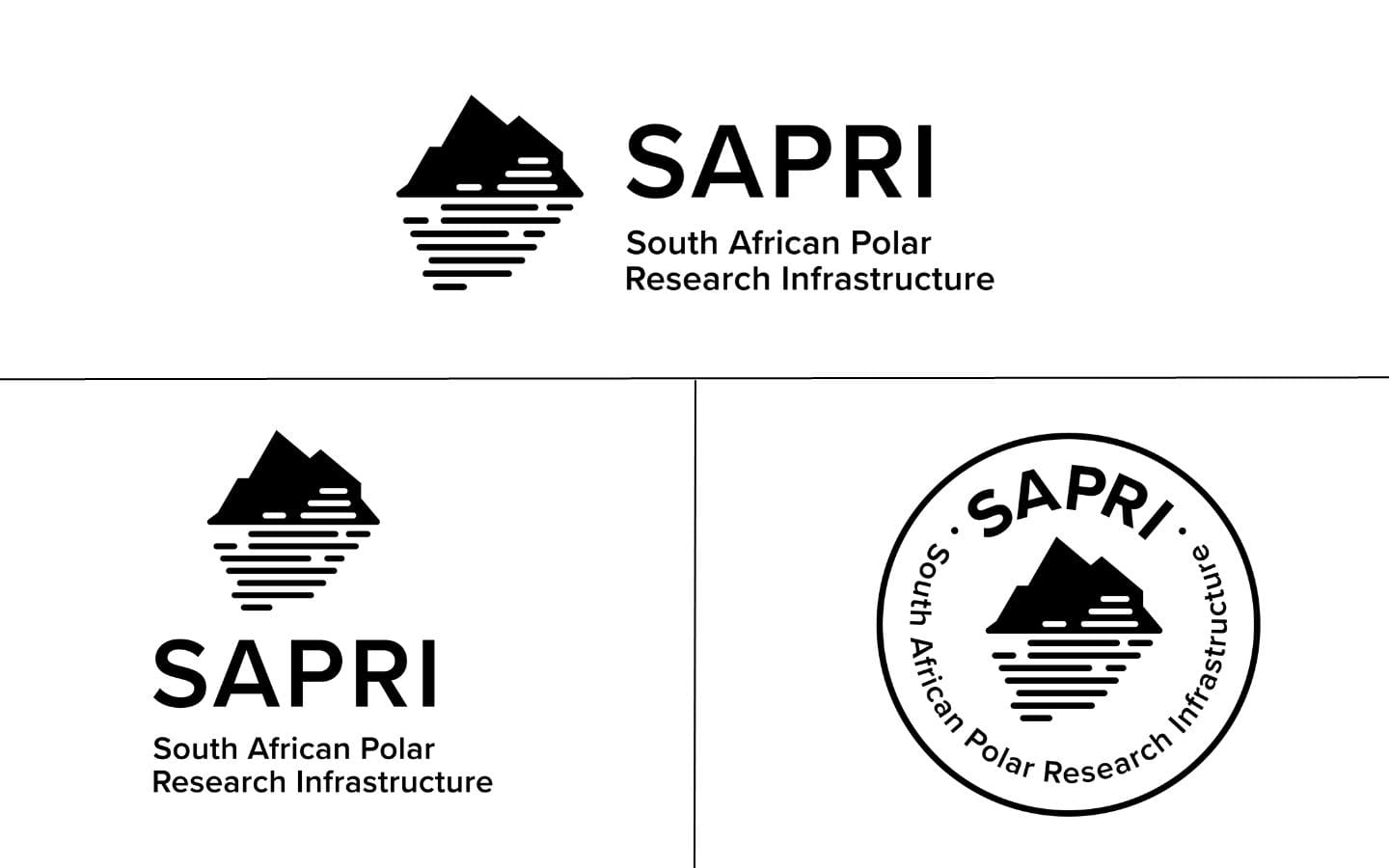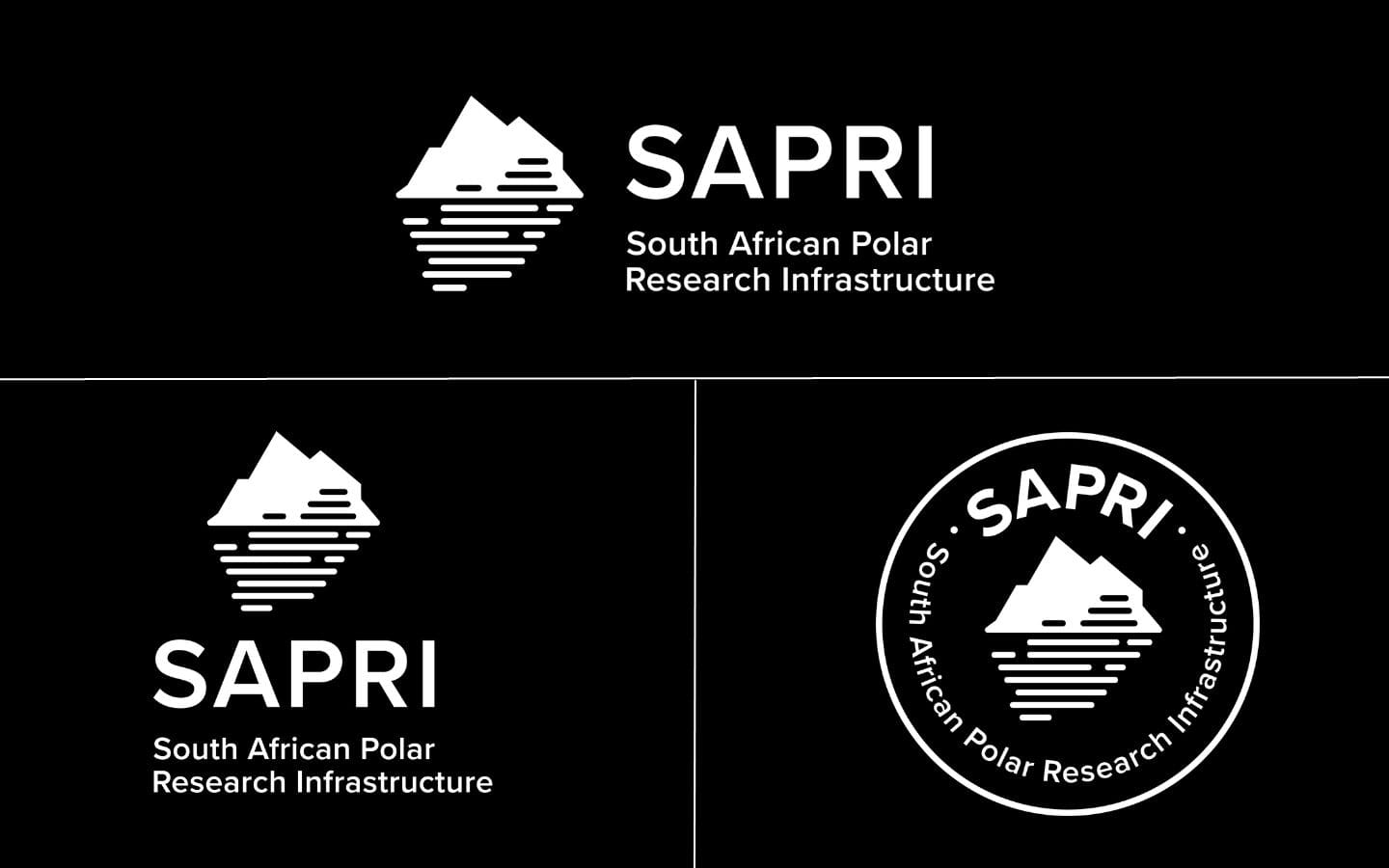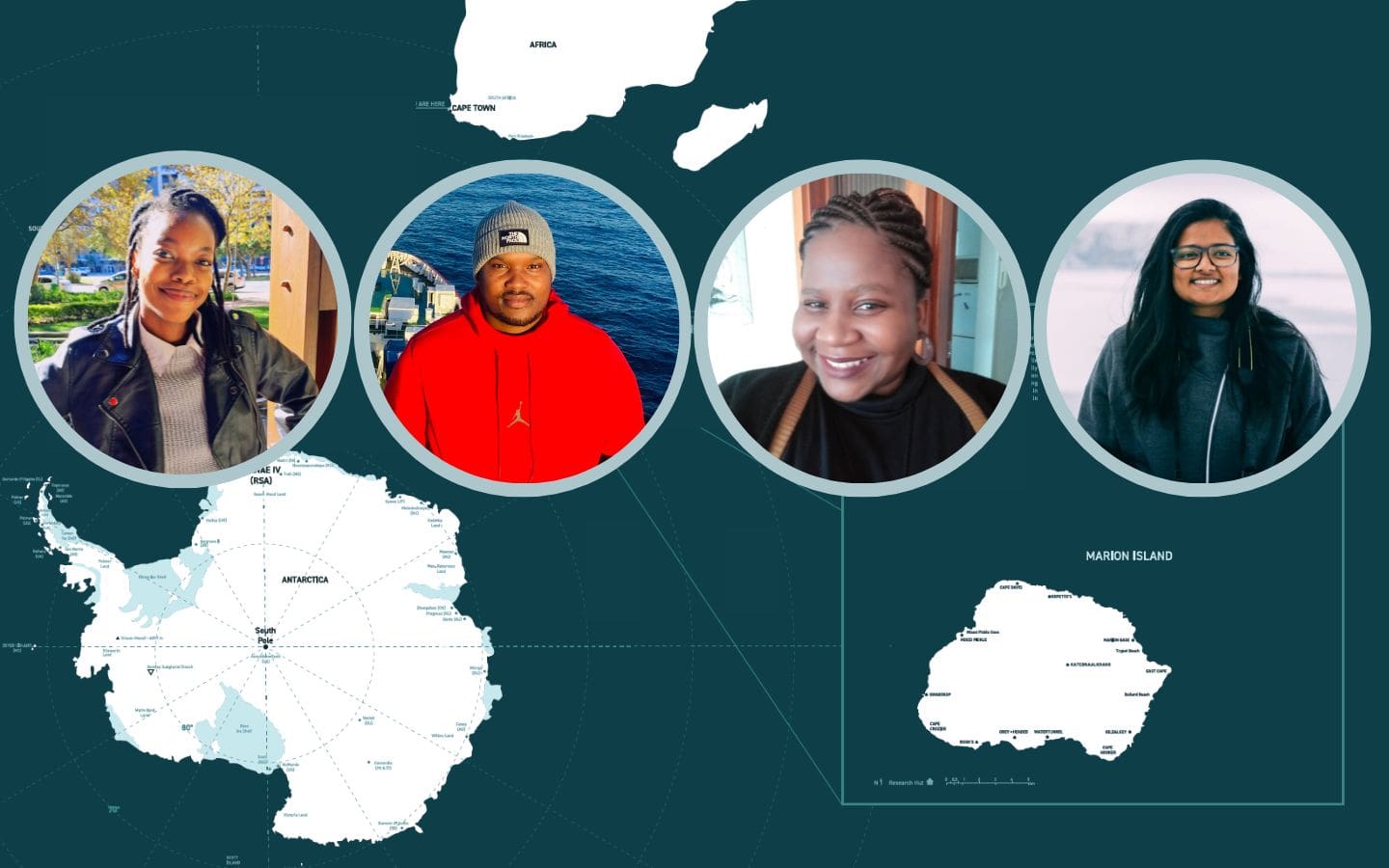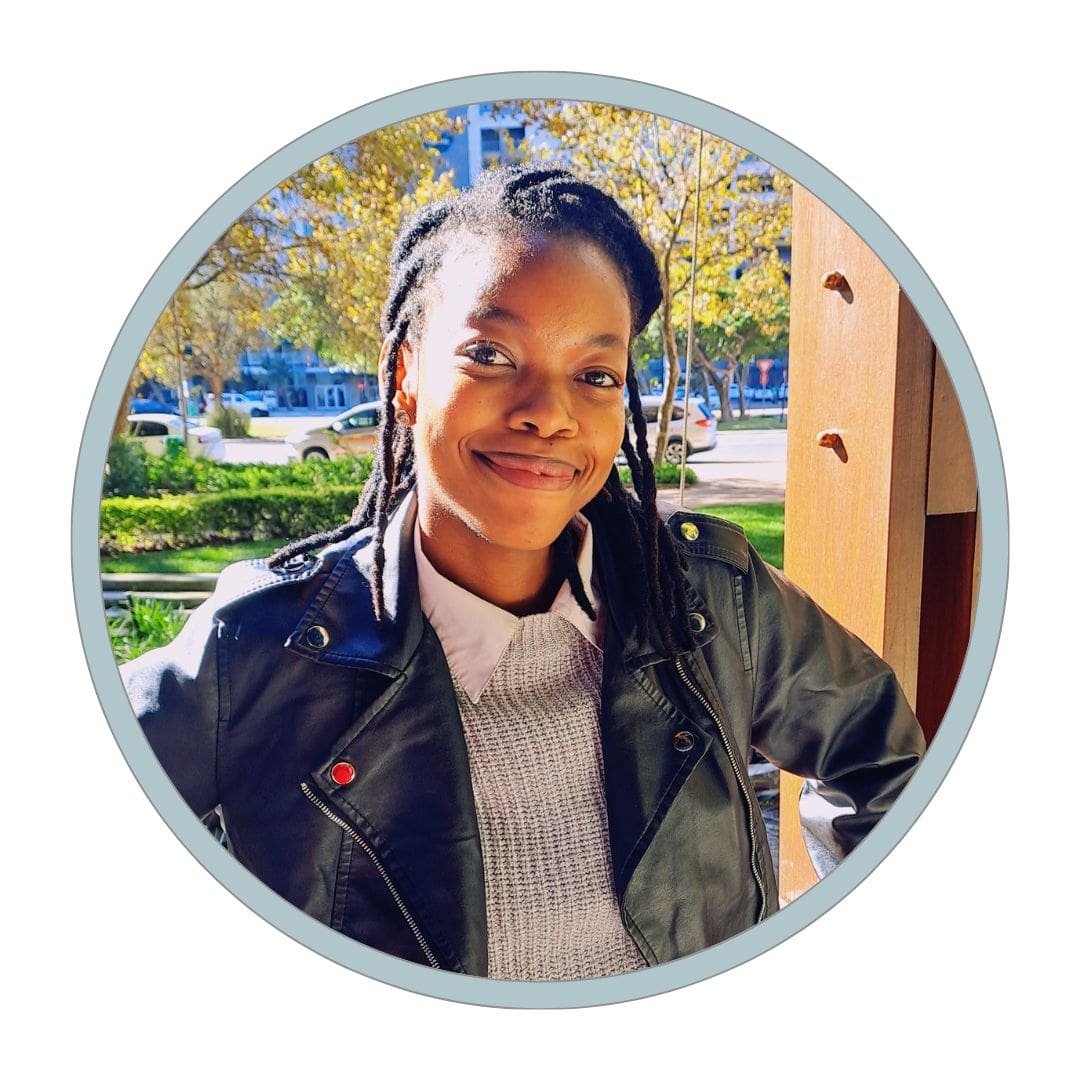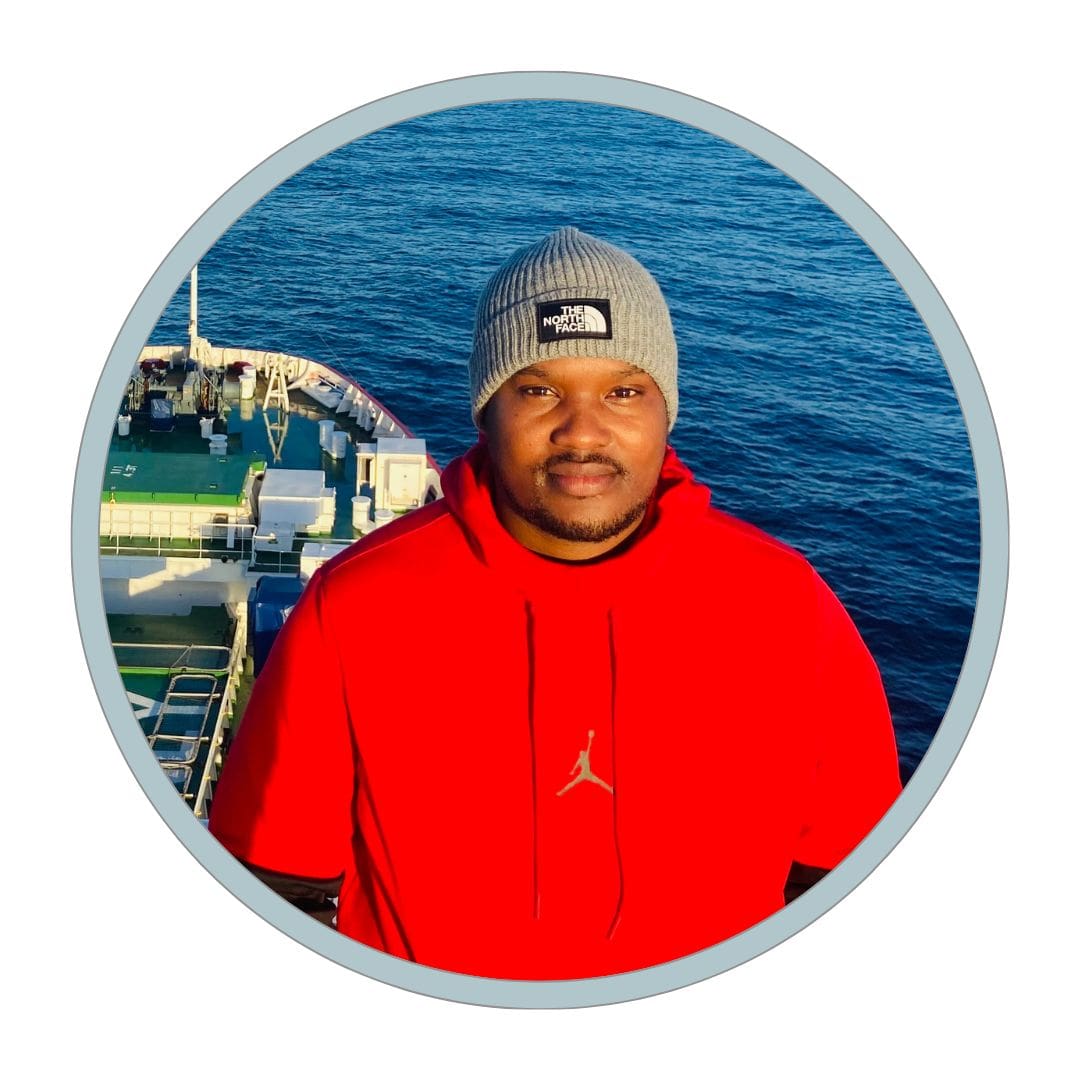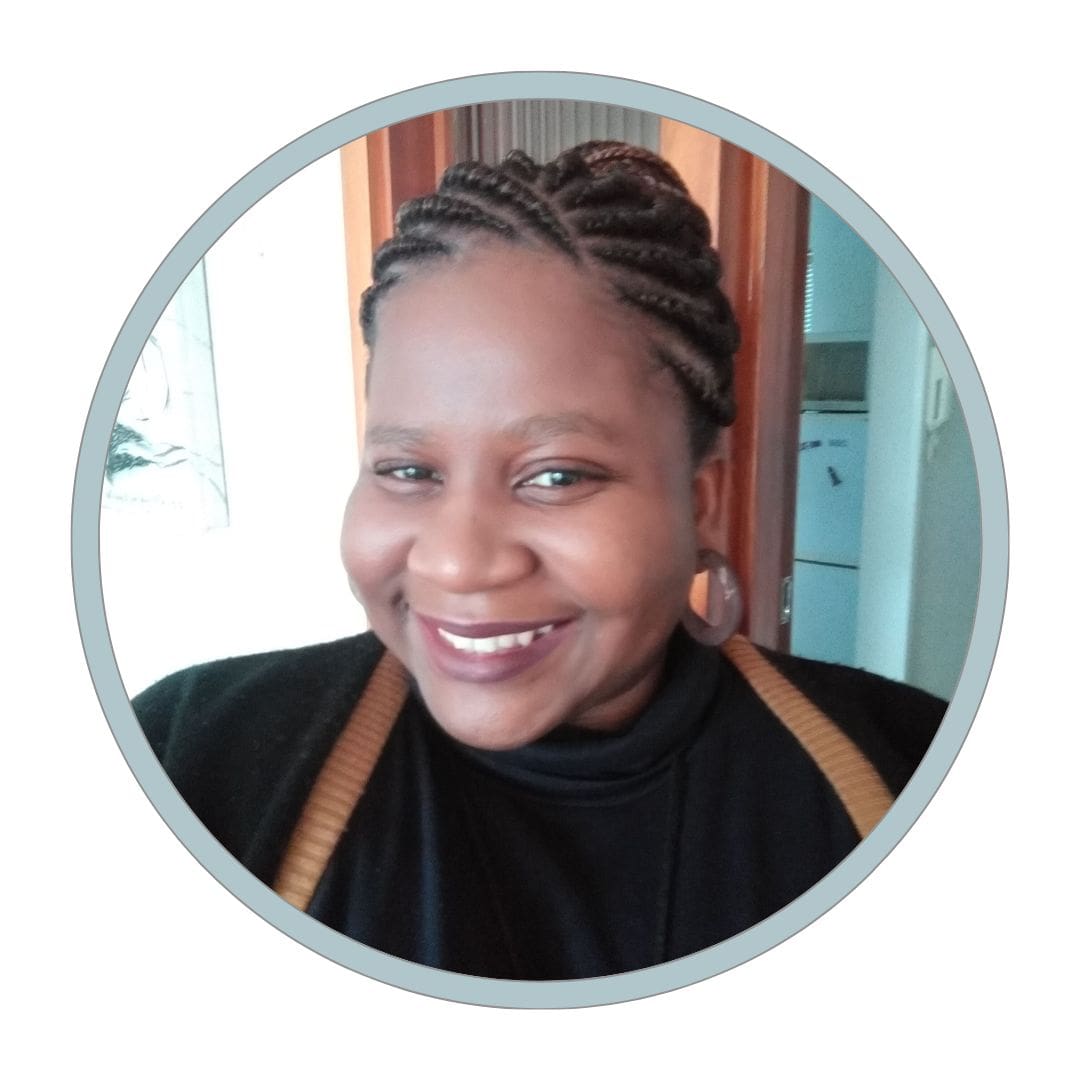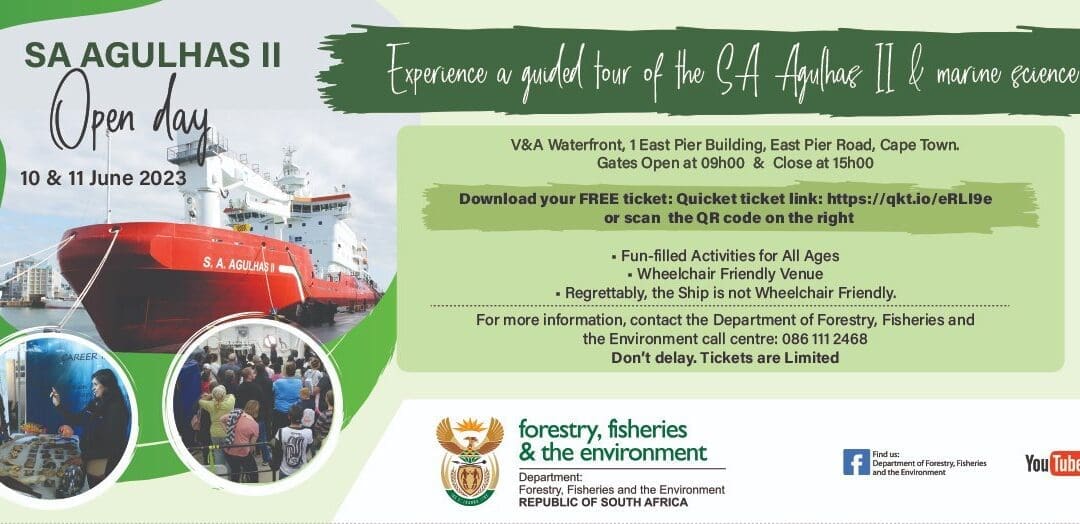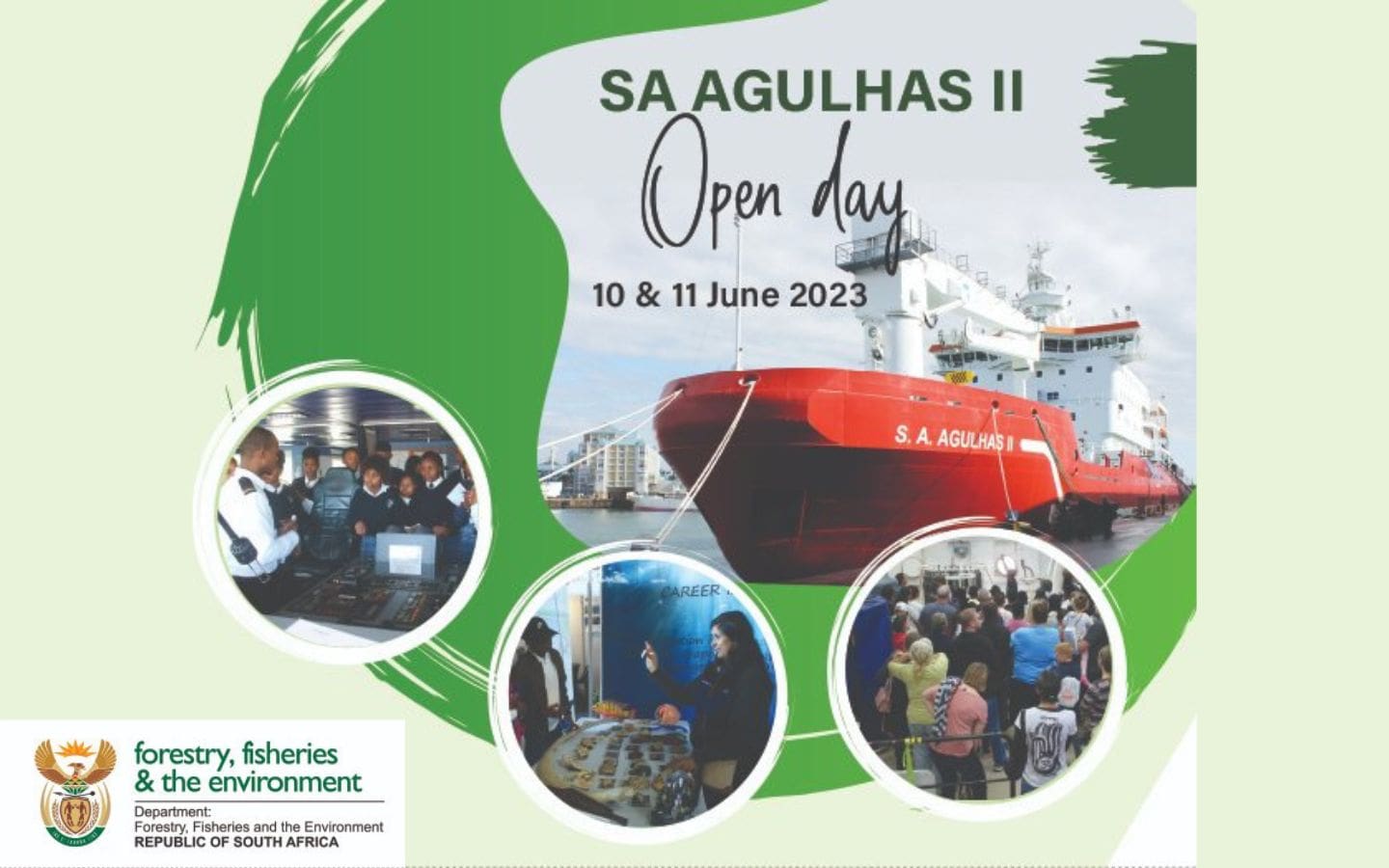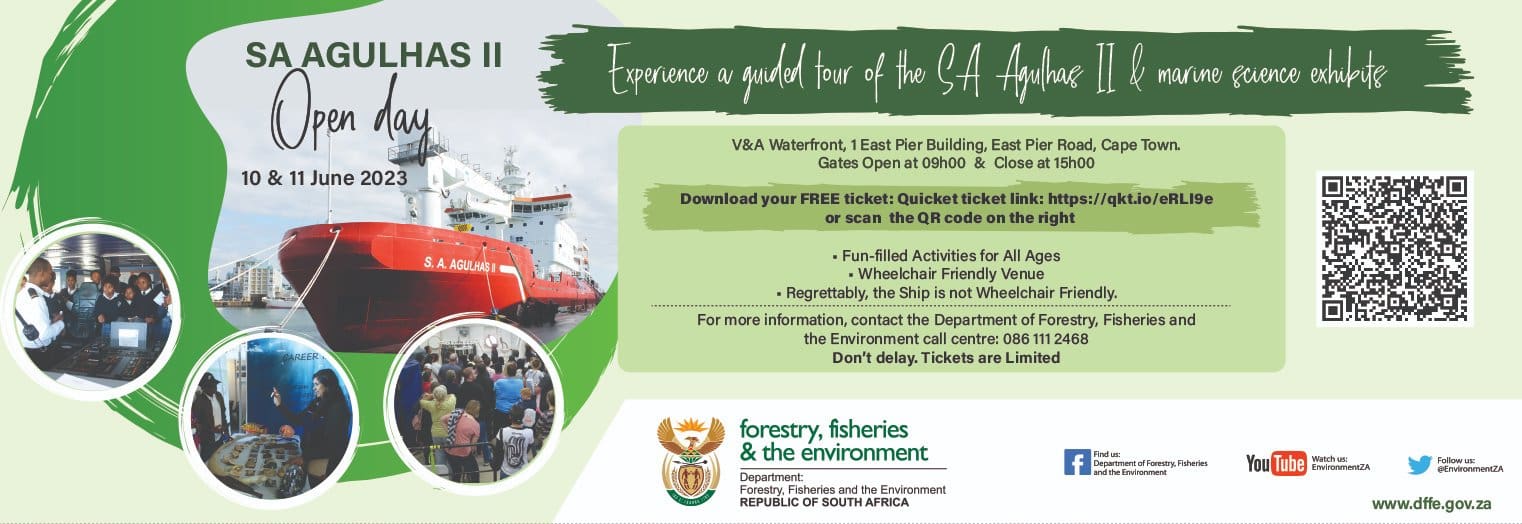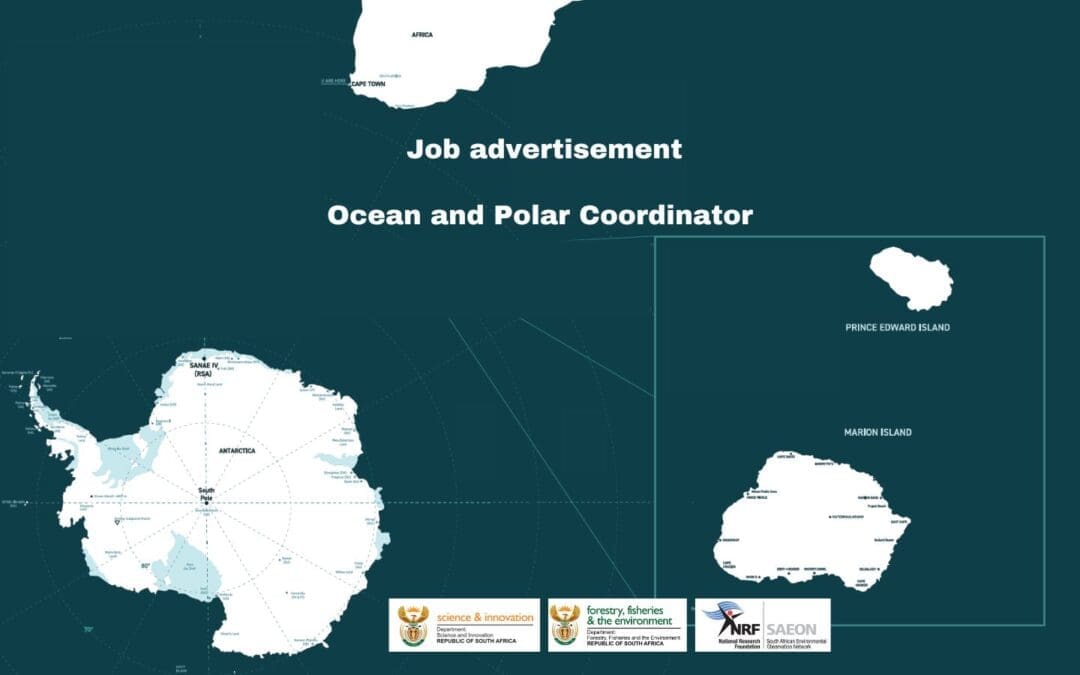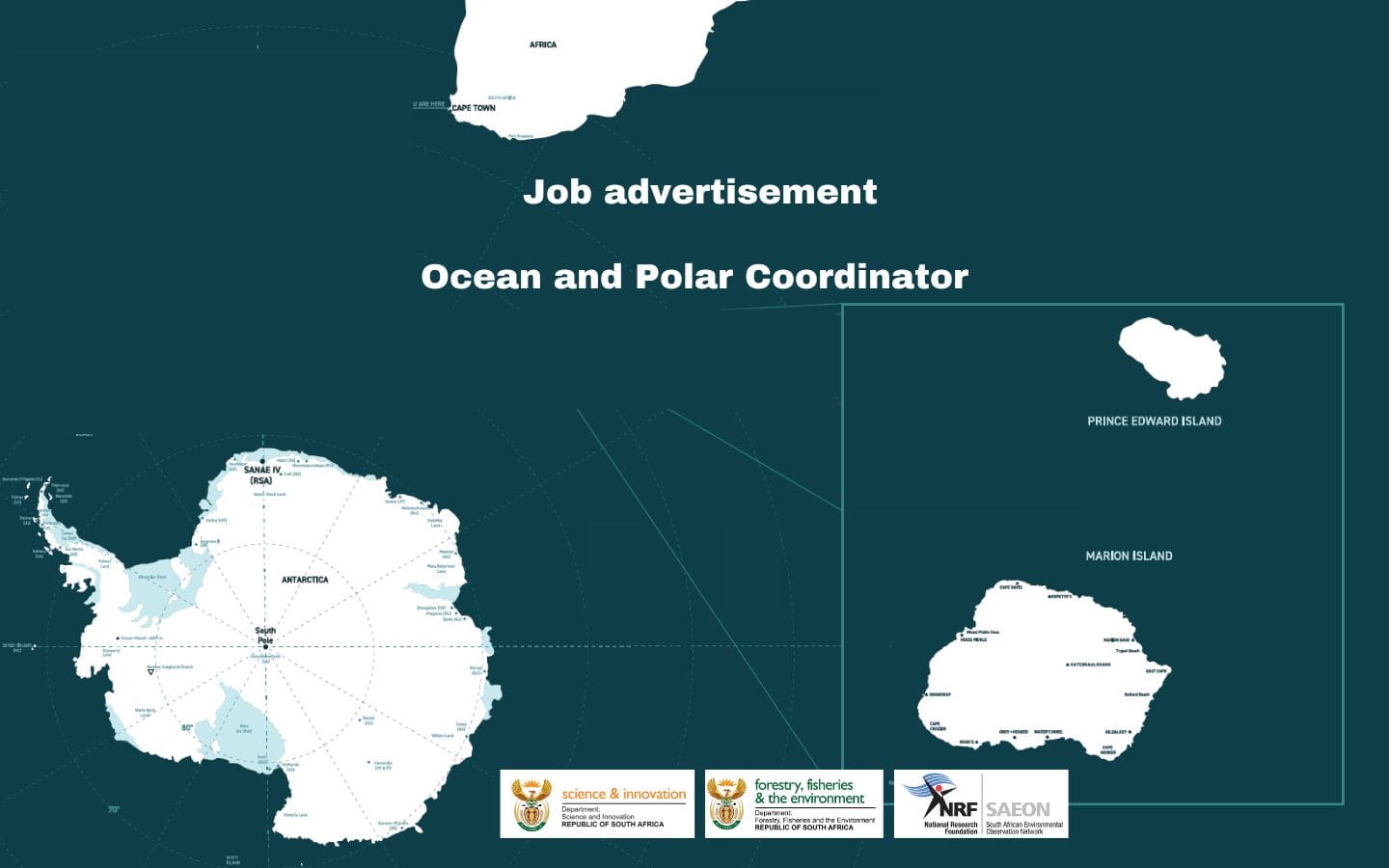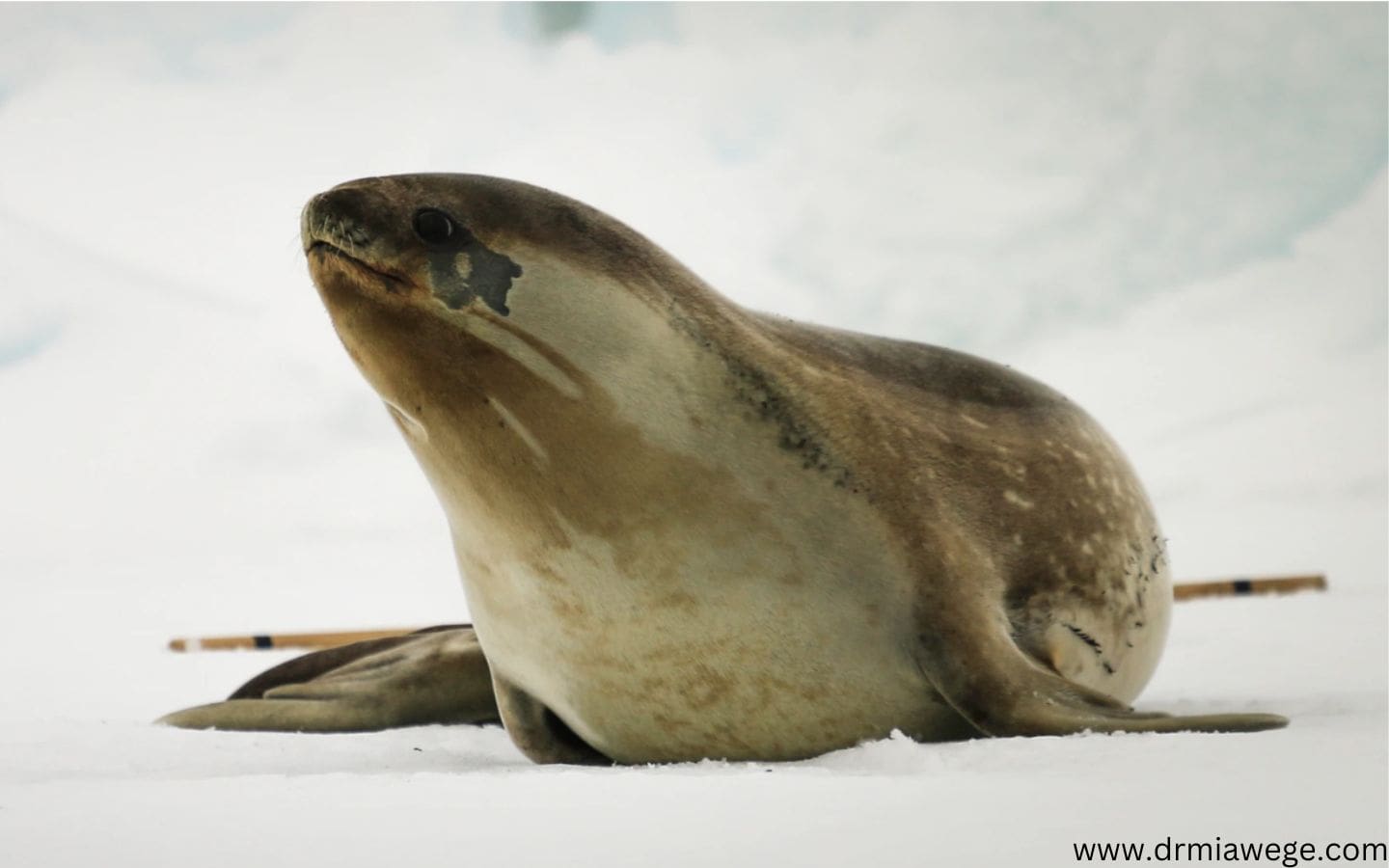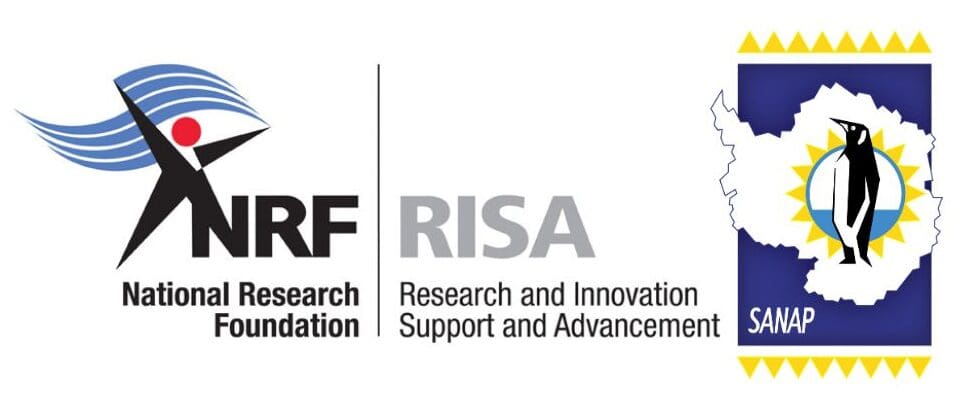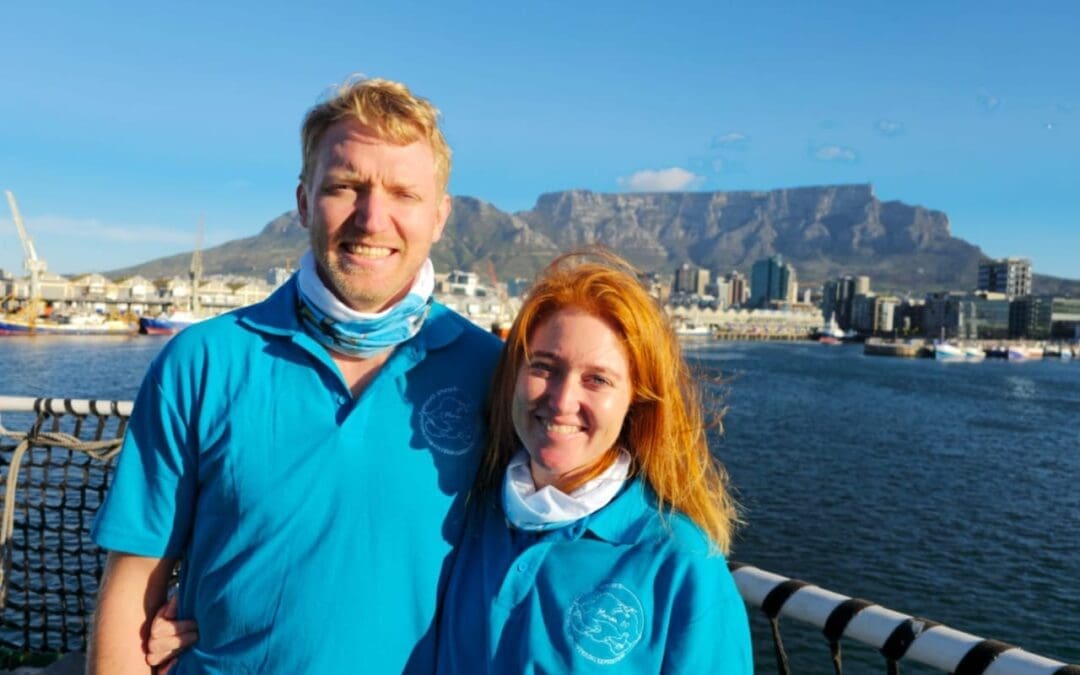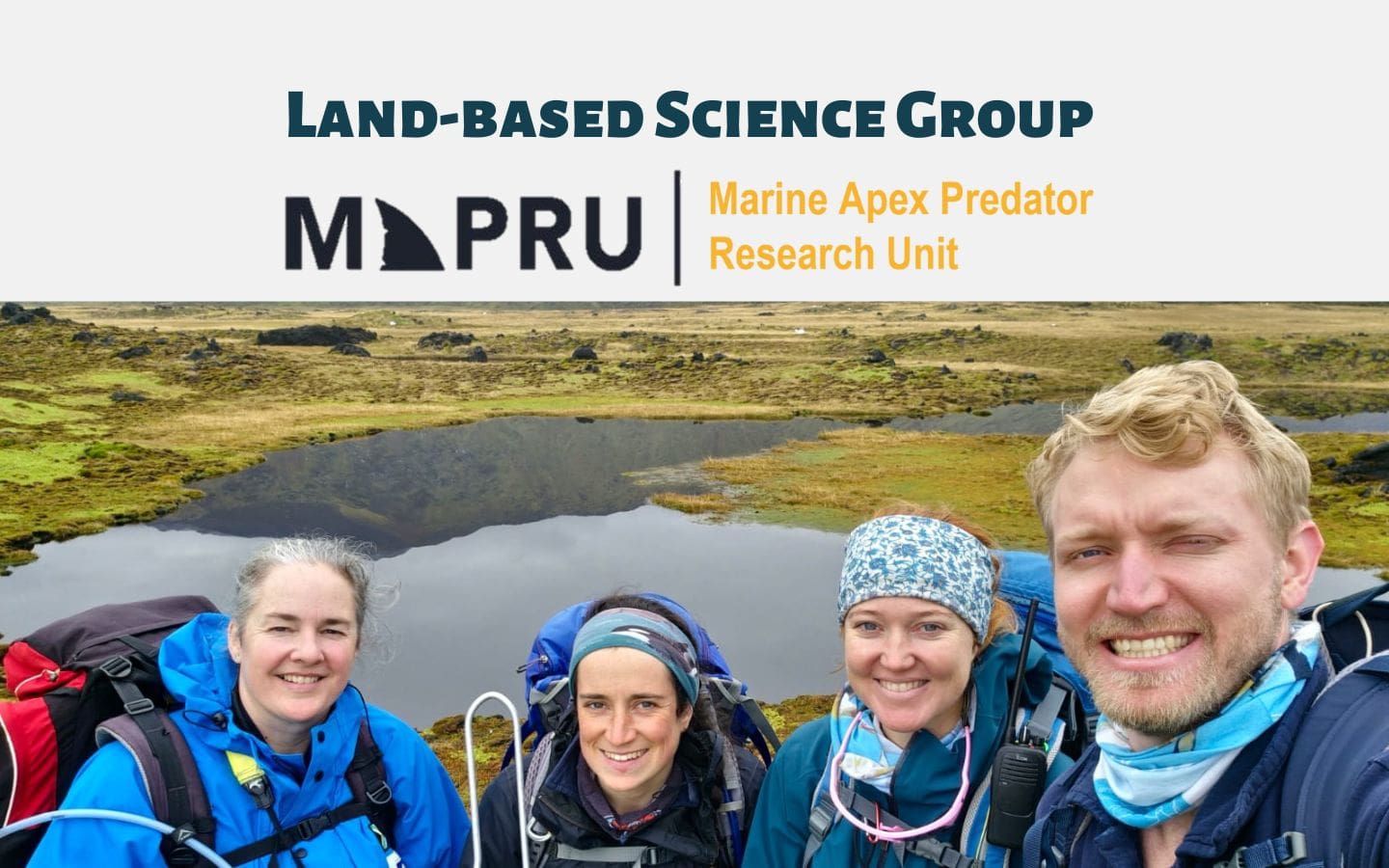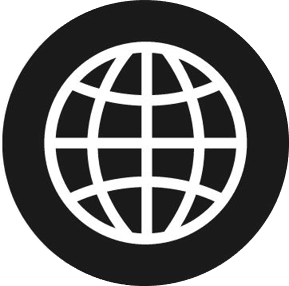
by Ria Olivier | Jul 12, 2023 | Announcement, Antarctica, Gough Island, Marion Island, News, Research, SA Agulhas II, SA Polar Research Infrastructure, SAPolarRI, SAPRI, Science, Southern Ocean, Stations, sub-Antarctic
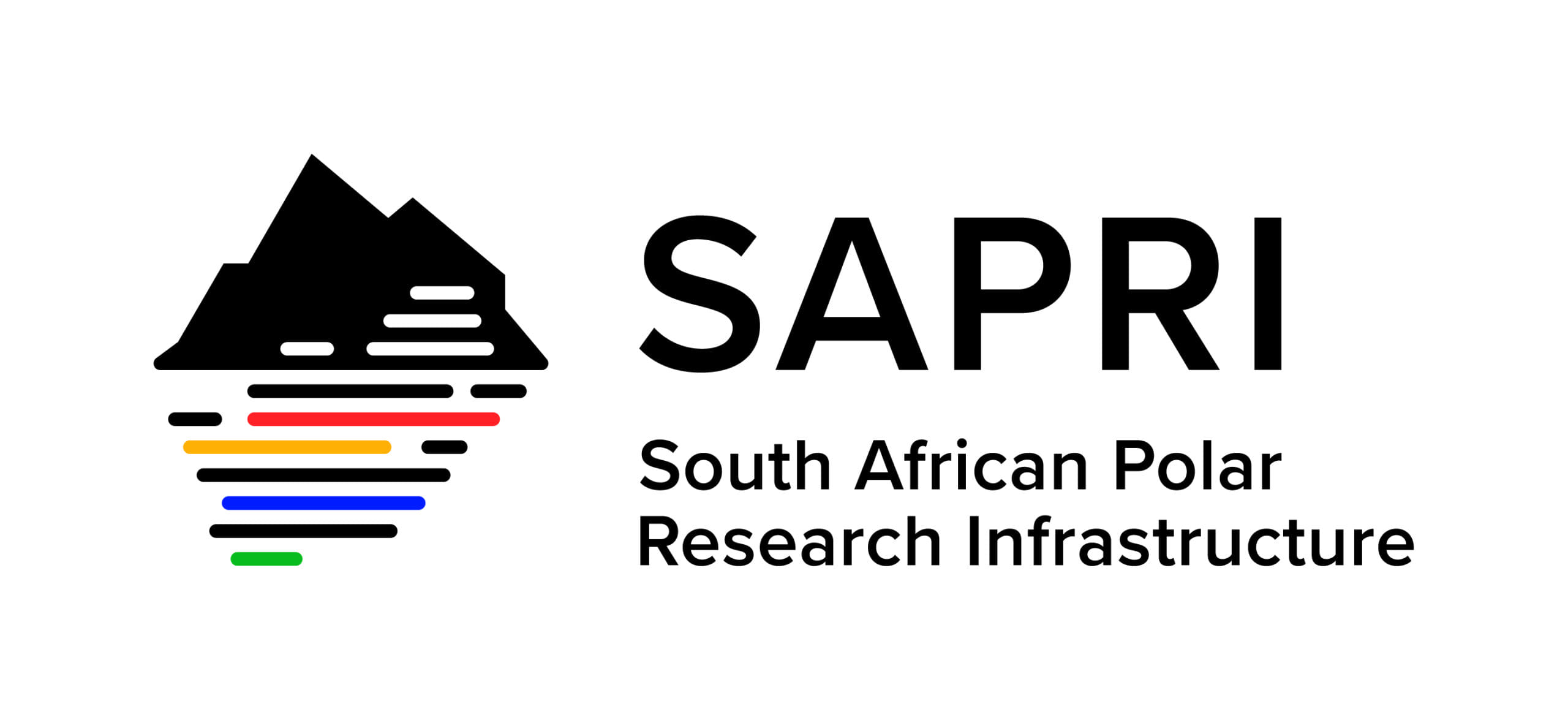
The South African Polar Research Infrastructure (SAPRI) is getting a corporate identity (CI).
The South African Polar Research Infrastructure (SAPRI) is one of 13 large Research Infrastructures (RIs) developed by the Department of Science and Innovation (DSI) as part of the South African Research Infrastructure Roadmap (SARIR).
The SAPRI was established in 2021 to ensure coordination of South African marine and Antarctic research as a national Big Science programme, providing seamless access to existing and new research infrastructure required to develop and enhance long-term observations of South Africa’s polar region.
The ultimate objective of SAPRI is to enable balanced research growth across the polar disciplines, and to maintain and further expand the world-class long-term observational datasets already established.
The SAPRI is designed as a consortium hosted at the South African Environmental Observation Network (SAEON), a long-term environmental observation and research facility of the National Research Foundation (NRF).
The SAPRI logo
The first step of the SAPRI CI was the design of a logo. The CI vendor has worked with a somewhat complicated brief, making sure that the CI is inclusive of marine and polar (land and sea), not focusing on one specific aspect within SAPRI.
The brief furthermore included:
- Transforming, strengthening and consolidating SA’s marine and polar sciences.
- Recognisable, professional and accessible.
- Pride in SA’s involvement in marine and polar research.
SAPRI logo rationale:
 The graphic element in this logo is a representation of SAPRI’s infrastructural support to research on both land and at sea.
The graphic element in this logo is a representation of SAPRI’s infrastructural support to research on both land and at sea.
While the top part is representative of land features of Antarctica and sub-Antarctic islands (e.g. ice, mountain), the bottom section represents water, or the ocean, as well as the shape of South Africa as seen on a map. In addition, the simplistic lines used to form the water is a rudimentary representation of data and the continuity of research.
To make for a versatile logo, transferable to different materials and backgrounds, various modifications can be used.
 The main logo will have the colours of the South African flag incorporated.
The main logo will have the colours of the South African flag incorporated.
Full colour versions (horizontal, vertical or in a circle):

Black versions (horizontal, vertical or in a circle):

White versions (horizontal, vertical or in a circle) – to be used on a full colour backgrounds:

Read more about SAPRI here.
Note that the SAPRI website is currently in the design and development phase.
Anche Louw, South African Polar Research Infrastructure (SAPRI DPS Node), 12 July 2023

by Ria Olivier | Jun 7, 2023 | Announcement, Antarctica, News, Research, SA Polar Research Infrastructure, SAPolarRI, SAPRI, Science, Southern Ocean

The South African Environmental Observation Network (SAEON) has employed four research coordinators under the South African Polar Research Infrastructure (SAPRI), for each of its four integrated facilities i.e. Data, Products and Society (DPS), Terrestrial Long-Term Observations (LTO-Land), Ocean Long-Term Observations (LTO-Ocean) and Polar Lab. They will mainly be based at the SAEON Egagasini Node, in Cape Town.
Meet the SAPRI Research Coordinators
Rabia Mathakutha
Research Coordinator: Data, Products and Society (DPS)
 Rabia is a registered Natural Scientist with the South African Council for Natural Scientific Professions (SACNASP) in the field of Environmental Sciences. Rabia holds a Masters degree in Plant Science with a focus on understanding plant invasion potential and climate change responses in the sub-Antarctic region. Rabia has experience in the environmental consulting industry, having worked as a freshwater ecologist and advising clients in terms of relevant environmental legislation and policies as part of the Environmental Impact Assessment (EIA) process. This has given her a range of capabilities that suit her new role as Research Coordinator for the Data, Products and Society Integrated Facility. Her knowledge and background in sub-Antarctic and polar research places her well within the focus of SAPRI. Her work experience in the private sector has equipped her with leadership and stakeholder engagement skills and experience that are valuable as a research coordinator, and brings a fresh outlook to how science (and research infrastructure) is accessed, communicated and how data is managed – key functions of DPS.
Rabia is a registered Natural Scientist with the South African Council for Natural Scientific Professions (SACNASP) in the field of Environmental Sciences. Rabia holds a Masters degree in Plant Science with a focus on understanding plant invasion potential and climate change responses in the sub-Antarctic region. Rabia has experience in the environmental consulting industry, having worked as a freshwater ecologist and advising clients in terms of relevant environmental legislation and policies as part of the Environmental Impact Assessment (EIA) process. This has given her a range of capabilities that suit her new role as Research Coordinator for the Data, Products and Society Integrated Facility. Her knowledge and background in sub-Antarctic and polar research places her well within the focus of SAPRI. Her work experience in the private sector has equipped her with leadership and stakeholder engagement skills and experience that are valuable as a research coordinator, and brings a fresh outlook to how science (and research infrastructure) is accessed, communicated and how data is managed – key functions of DPS.
Abuyiselwe Athandile Nguna
Research Coordinator: Terrestrial Long-Term Observations (LTO-Land)
 Abuyiselwe, friendly known as Abu, hails from the small town of Komani in the Eastern Cape. His passion in science led him to pursue postgraduate studies. Abu has been focused on periglacial aeolian process research for almost a decade now as he pursues his Ph.D. in Geography. Abu has been part of two overwintering teams on the sub-Antarctic Marion Island, which has given him a vast experience in sub-Antarctic and polar research. Abu is excited to take on his new role within SAPRI and SAEON, where he can continue to build his career and play a part in South African polar research reaching its potential and expanding to the rest of Africa. His work within the Sub-Antarctic Landscape and Climate interactions (SALCi) group has equipped Abu with skills in leadership, data management, proposal writing and efficiency, and of course the love for the sub- Antarctic and the Southern Ocean.
Abuyiselwe, friendly known as Abu, hails from the small town of Komani in the Eastern Cape. His passion in science led him to pursue postgraduate studies. Abu has been focused on periglacial aeolian process research for almost a decade now as he pursues his Ph.D. in Geography. Abu has been part of two overwintering teams on the sub-Antarctic Marion Island, which has given him a vast experience in sub-Antarctic and polar research. Abu is excited to take on his new role within SAPRI and SAEON, where he can continue to build his career and play a part in South African polar research reaching its potential and expanding to the rest of Africa. His work within the Sub-Antarctic Landscape and Climate interactions (SALCi) group has equipped Abu with skills in leadership, data management, proposal writing and efficiency, and of course the love for the sub- Antarctic and the Southern Ocean.
Precious Mahlalela
Research Coordinator: Ocean Long-Term Observations (LTO-Ocean)
 Precious holds a Ph.D. in Ocean and Atmospheric Science with a focus on climate variability. Precious brings a remarkable depth of knowledge and expertise to the team. She has a strong academic background in physical oceanography, atmospheric science, and environmental science. This interdisciplinary training enables her to explore the intricate interplay between the ocean and the atmosphere, shedding light on the dynamic processes that shape our global climate. As a Research Coordinator, Precious assumes a pivotal role in supporting SAPRI’s long-term ocean initiatives. She actively contributes to the development and maintenance of data infrastructure, ensuring smooth research processes for the integrated facility stakeholders. Her meticulous attention to detail and analytical skills contribute to the collection and analysis of valuable data that will help the polar research community better understand our oceans. Outside of her research pursuits, Precious enjoys engaging in community outreach programs and sharing her knowledge and passion for the environment with others. Through these efforts, she strives to inspire the next generation of scientists and foster a sense of environmental stewardship.
Precious holds a Ph.D. in Ocean and Atmospheric Science with a focus on climate variability. Precious brings a remarkable depth of knowledge and expertise to the team. She has a strong academic background in physical oceanography, atmospheric science, and environmental science. This interdisciplinary training enables her to explore the intricate interplay between the ocean and the atmosphere, shedding light on the dynamic processes that shape our global climate. As a Research Coordinator, Precious assumes a pivotal role in supporting SAPRI’s long-term ocean initiatives. She actively contributes to the development and maintenance of data infrastructure, ensuring smooth research processes for the integrated facility stakeholders. Her meticulous attention to detail and analytical skills contribute to the collection and analysis of valuable data that will help the polar research community better understand our oceans. Outside of her research pursuits, Precious enjoys engaging in community outreach programs and sharing her knowledge and passion for the environment with others. Through these efforts, she strives to inspire the next generation of scientists and foster a sense of environmental stewardship.
Riesna R. Audh
Research Coordinator: Polar Lab
 Riesna is the Research Coordinator for the SAPRI Polar Lab. She has a background in polar oceanography and a passion for all things Antarctica. She has helped to develop the field protocols employed by South African researchers on sea ice research and contributed to the knowledge and available data of the polar regions through her Ph.D. research on the biogeochemistry of sea ice in the Antarctic marginal ice zone (MIZ). Riesna believes that science should be accessible and inclusive and intends to use her position to showcase polar research amongst researchers and non-researchers alike. She is a firm believer that collaboration across institutions and disciplines is crucial for the future of polar research and that accessibility, inclusivity and visibility are vital in order to grow this field and encourage the next generation of polar researchers.
Riesna is the Research Coordinator for the SAPRI Polar Lab. She has a background in polar oceanography and a passion for all things Antarctica. She has helped to develop the field protocols employed by South African researchers on sea ice research and contributed to the knowledge and available data of the polar regions through her Ph.D. research on the biogeochemistry of sea ice in the Antarctic marginal ice zone (MIZ). Riesna believes that science should be accessible and inclusive and intends to use her position to showcase polar research amongst researchers and non-researchers alike. She is a firm believer that collaboration across institutions and disciplines is crucial for the future of polar research and that accessibility, inclusivity and visibility are vital in order to grow this field and encourage the next generation of polar researchers.
Read more about SAPRI – click on the link below!
Text supplied by SAPRI Research Coordinators.
Anche Louw, South African Polar Research Infrastructure (SAPRI DPS Node), 07 June 2023

by Ria Olivier | May 25, 2023 | Announcement, Discover, News, Research, SA Agulhas II, SANAP, Science, Southern Ocean
The Department of Forestry, Fisheries and the Environment invites you to attend the S.A. Agulhas II Open Day on the 10 & 11 June 2023 at the V&A Waterfront (Port of Cape Town, East Pier).
What your FREE ticket will include:
- A guided tour of the South African (Polar) research and supply vessel, the S.A. Agulhas II.
- Access to various marine science and environmental conservation exhibitions.
Download your FREE tickets here: https://qkt.io/eRLI9e
Anche Louw, South African Polar Research Infrastructure (SAPRI DPS Node), 25 May 2023

by Ria Olivier | May 24, 2023 | Announcement, Antarctica, Jobs, Marine Protected Area, Oceanography, Research, SA Agulhas II, SA Polar Research Infrastructure, SANAP, SAPolarRI, SAPRI, Science, Southern Ocean, sub-Antarctic

As per job advertisement:
The South African Environmental Observation Network (SAEON) is a research platform funded by the Department of Science and Innovation (DSI) and managed by the National Research Foundation (NRF).
SAEON is mandated to establish and manage long-term environmental observatories; maintain reliable long-term environmental data sets; promote access to data for research and/or informed decision making; and contribute to capacity building.
The SAEON Egagasini Node, based in Cape Town, Western Cape, requires the services of a:
Ocean and Polar Coordinator for day-to-day scientific, operational and logistical coordination.
Application Closing Date: 05 June 2023
Click on the link below:
Position: Ocean and Polar Coordinator
Read more about SAPRI – click on the link below!
South African Polar Research Infrastructure (SAPRI): Feedback and start of the Preparatory Phase
Anche Louw, South African Polar Research Infrastructure (SAPRI DPS Node), 24 May 2023

by Ria Olivier | May 22, 2023 | Announcement, Antarctica, Research, SANAP, Science

NRF-SANAP Funded Project:
Ross seal ecology, behaviour and physiology in a changing environment
Post-doctoral position available for a self-starting, motivated colleague who is interested in marine mammal ecology, specifically trophic dynamics, bulk and compound stable isotope analyses.
Research topic: Trophic dynamics of Ross seals in the Weddell Sea.
The candidate will analyse bulk stable isotope and compound-specific isotope data from amino acids to investigate the level of inter- and intra-individual dietary specialisation.
The position is funded for 24 months through an NRF South African National Antarctic Program Postdoctoral Grant at the University of South Africa (UNISA) and the University of Pretoria (Pretoria, South Africa). Project start date is as soon as the candidate is available.
Minimum Requirements:
- PhD in either ecology/zoology or related fields;
- Availability to travel to France for specialised laboratory work.
Added Advantages:
- Experience in working with isotopic data and/or marine mammals is preferred but not a requirement.
- Strong writing skills and an ability to adapt/learn quickly are major advantages.
Please note that the successful candidate will have to spend most of their time in Pretoria and remote work for the entire duration of the project is not possible.
Potential candidates who identify with groups traditionally under represented in the sciences are especially encouraged to apply. If you have questions or are interested in the position, please email Dr Mia Wege and/or Prof Trevor McIntyre and attach your CV and cover letter. Teaching and research statements are not needed.
Position will be open until filled.
Dr Mia Wege:



Prof Trevor McIntyre:



Text: Dr Mia Wege
Anche Louw, South African Polar Research Infrastructure (SAPRI DPS Node), 22 May 2023

by Ria Olivier | May 10, 2023 | Current Event, Marion Island, News, Overwintering Team, Prince Edward Islands, Research, SANAP, SAPRI, Science, Southern Ocean, Stations, sub-Antarctic, Team member

| TEAM | MAPRU | Affiliation |
| Project Name | Avian scavengers & seabirds |
| Principal Investigator | Dr Maëlle Connan | MAPRU, Nelson Mandela University |
| Co-Investigator | Prof Peter Ryan | Fitzpatrick Institute of African Ornithology, University of Cape Town |
| M79 Field Assistant | Lucy Smyth | MAPRU, Nelson Mandela University |
| M80 Field Assistant | Christopher Jones | MAPRU, Nelson Mandela University |
| M80 Field Assistant | Michelle Risi | MAPRU, Nelson Mandela University and the South African Polar Research Infrastructure (SAPRI) |
This team is studying seabirds at Marion Island and has two projects for the period 2021-2023:
1) Avian scavenger project focusing mostly on Black-faced Sheathbill, Kelp Gull and Brown Skua as well as some of their prey.
2) FitzPatrick long-term monitoring of Wandering Albatross, Grey-headed Albatross and Northern Giant Petrel.
More about the avian scavenger project:
This project started in 2021. It is tightly linked to the Mouse-Free Marion project.
Our aim is two fold: 1) we fill identified scientific gaps at the bird level that are crucial for best planning of the mouse eradication and development of appropriate mitigation measures. We are mostly focusing on three species of avian scavengers: Black-faced Sheathbill, Kelp Gull and Brown Skua and some of their prey. 2) we propose to use the three scavengers as indicators of recovery of the terrestrial ecosystem post-eradication by establishing baselines for the scavenger guild and their prey against which the impact of a successful mouse eradication can be measured in years to come.
More about the FitzPatrick long-term monitoring project:
The FitzPatrick long-term monitoring of Wandering and Grey-headed albatrosses and Northern Giant Petrel started in the early 1980s and has continued ever since. This individual-based monitoring of threatened species allows us to study the threats they face at sea (e.g. fisheries) and on land (e.g. mice) in order to act and decrease these threats and improve the conservation status. The species’ long-term monitoring is crucial as it allows us to decipher abnormal years from long-term trends.
More about the fieldwork:
The two projects above involve for example extensive counts of birds, lots of hiking, observations of bird behavior and record keeping of the activity of known individuals year after year.
What are your plans for this takeover:
During the takeover, we will be debriefing the year of Lucy Smyth who has worked on the island for our projects since April 2022. We will also train Chris and Michelle for the year ahead in all aspects, from field work to data entry and back-ups.
Follow MAPRU:




Follow PFIAO:




Text by Dr Maëlle Connan.
Images supplied by Christopher Jones.
Featured image: The MAPRU takeover 2023 team. L-R: Dr Maëlle Connan (PI), Lucy Smyth (M79 MAPRU Field Assistant), Michelle Risi (M80 MAPRU Field Assistant) and Christopher Jones (M80 MAPRU Field Assistant). Image taken on the Western side of the island.
Anche Louw, South African Polar Research Infrastructure (SAPRI DPS Node), 10 May 2023
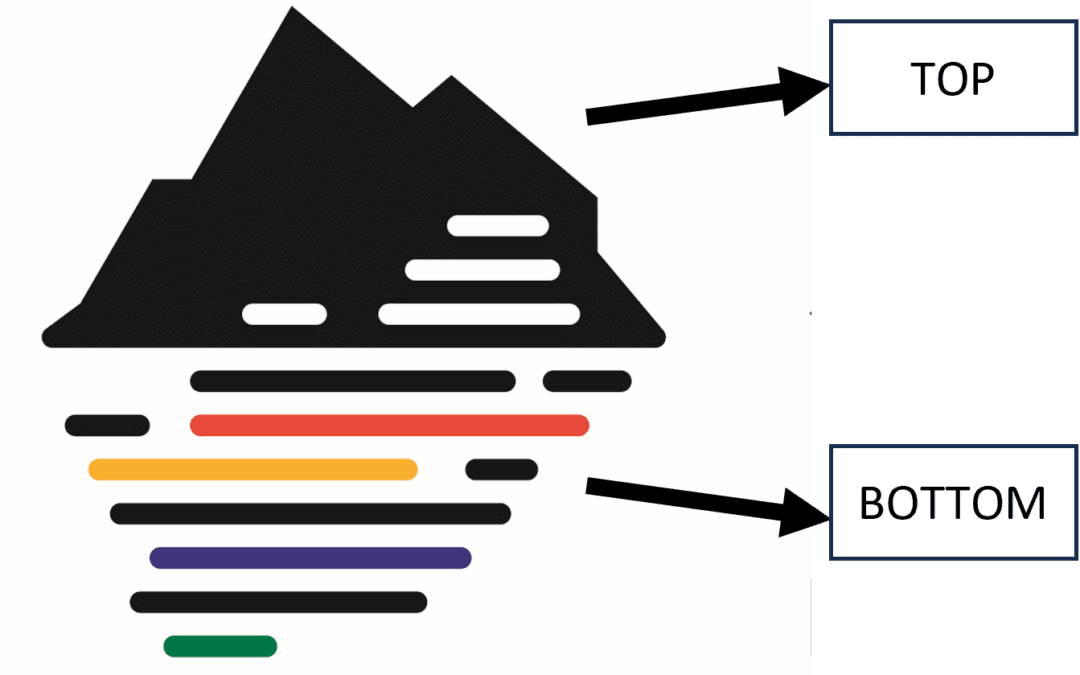
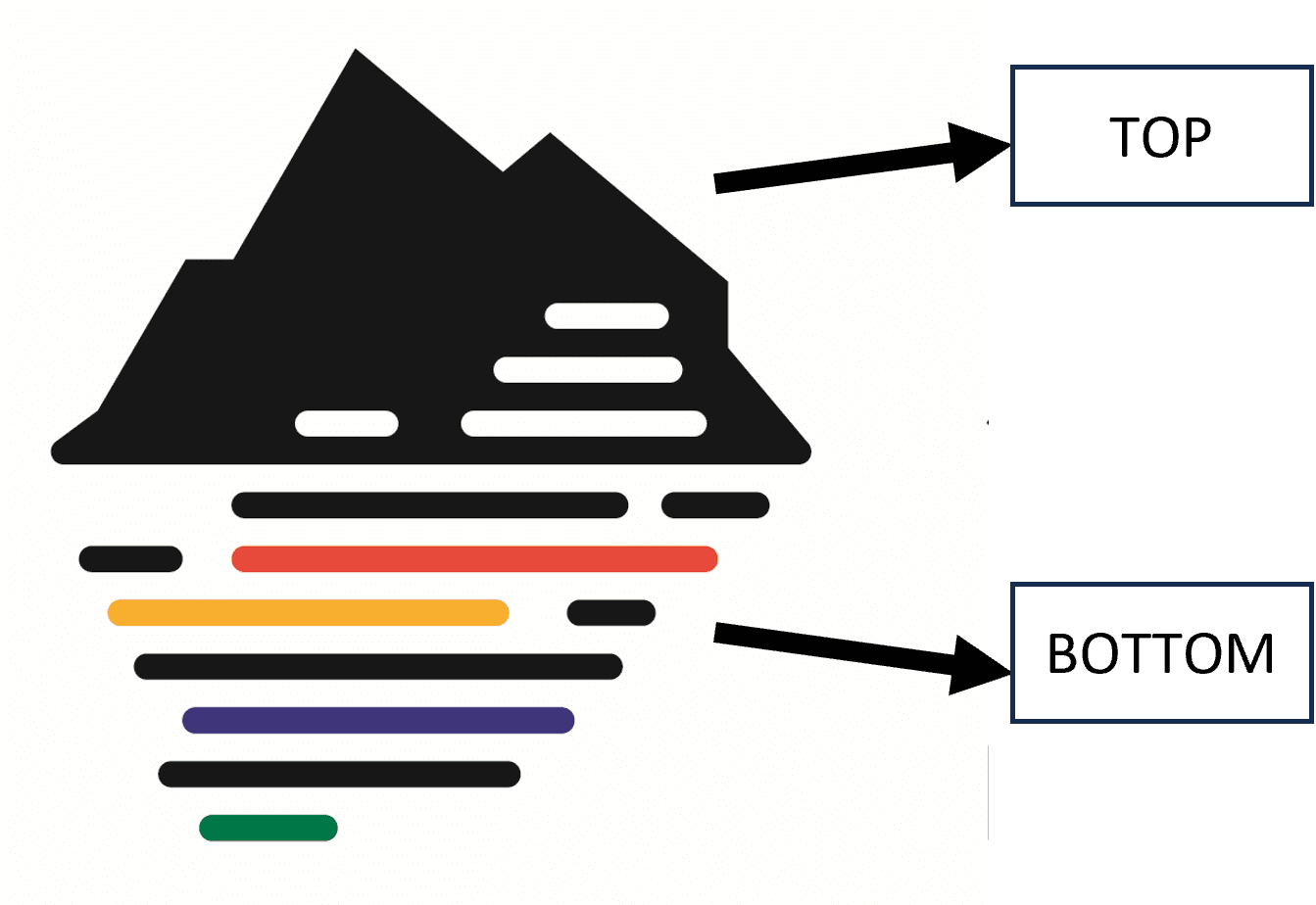 The graphic element in this logo is a representation of SAPRI’s infrastructural support to research on both land and at sea.
The graphic element in this logo is a representation of SAPRI’s infrastructural support to research on both land and at sea.![]() The main logo will have the colours of the South African flag incorporated.
The main logo will have the colours of the South African flag incorporated.

